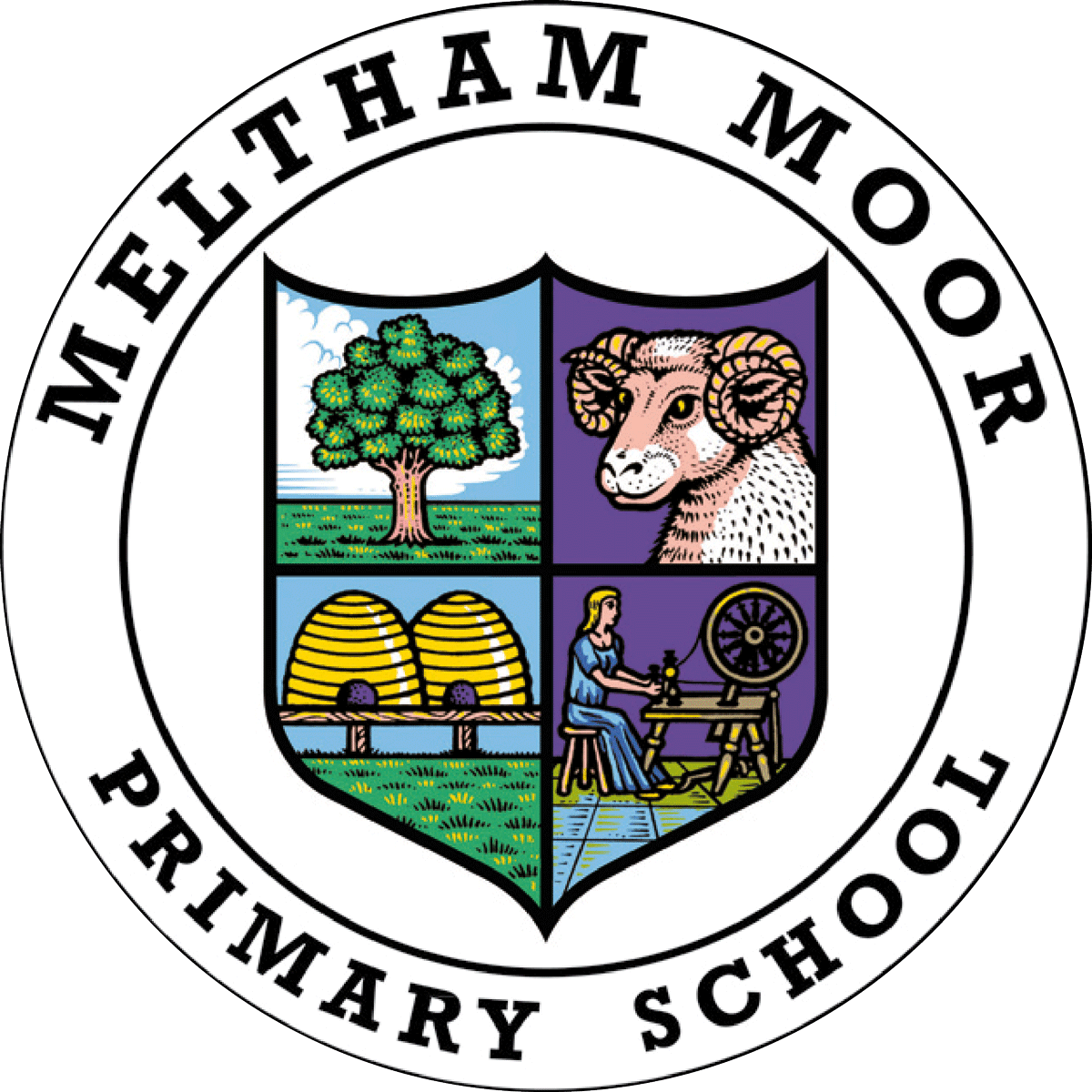Maths
It is our intent that all children can develop into confident mathematicians with the fluency, reasoning and problem-solving skills required for life within and beyond school. By delivering lessons that, as well as building on and strengthening prior knowledge, are creative and engaging, children develop deeper richer connections within and across mathematical ideas, enabling them to enjoy maths and experience success.
In our maths curriculum we aim for all pupils to:
Become fluent in the fundamentals of mathematics so that they develop conceptual understanding and the ability to recall and apply knowledge rapidly and accurately.
To be able to solve problems by applying their mathematics to a variety of problems with increasing sophistication, including in unfamiliar contexts and to model real-life scenarios.
To reason mathematically by following a line of enquiry and develop and present a justification, argument or proof using mathematical language.
To have an appreciation of number and number operations, which enables mental calculations and written procedures to be performed efficiently, fluently and accurately to be successful in mathematics.
-
To ensure consistency and progression, we use a mastery maths strategy. Within this, teachers use CPA (concrete, pictorial, abstract) approaches, ensuring children have a connected, meaningful understanding of mathematical concepts, underpinned by basic skills. This approach allows most children to progress through the mathematics curriculum at the same pace as others.
Mastery maths means spending greater time going in to depth about a subject as opposed to racing through the concepts and knowledge pupils are expected to know by the end of each year group. Our intention is take learning at a measured pace. This will better ensure no child is left behind as well as providing deeper and richer experiences for children who are grasping ideas quickly. Evidence shows that children need to be able to understand a concept, apply it in a range of situations and then be creative with it to really understand (or master) it.
The majority of children will be taught the content from their year group only. They will spend time becoming true masters of content, applying and being creative with new knowledge in multiple ways.
In essence, this means working towards:
• Teach less, learn more – focused content, evidencing learning and progress
• No child being left behind – the majority of children are enabled to keep up every day
• Space and time – to experience and apply, with all children entitled to additional support to ensure they do not fall behind or to be challenged in their learning and go deeper with their understanding.
• Understanding real life applications – wherever possible for learning to be relevant and not abstract, to teach with a clear purpose
Alongside mastery maths we consider fluency to be key that unlocks all areas of mathematics, at Meltham Moor we work hard to ensure children have acquired the necessary fluency skills to access lessons, as well as calculate efficiently and with increasing accuracy. This way, children can then move on to more challenging aspects of Maths confidently and with pride. Because of this, carefully planned daily mental and oral activities support the children’s ability to retain key mathematical facts:
KIRFs (key instant recall facts) progress through school and guide mental and oral maths each half term to ensure progression throughout school.
Times tables are explicitly taught and practised in a variety of ways including TTRS (Times Tables Rock stars) and other strategies.
-
Our children will have a broad, deep knowledge and understanding of mathematics.
Our children will be effective problem solvers and be able to reason and use mathematics in practical and real life situations.
Our children will be able to confidently communicate their understanding through quality mathematical discussions and reasoning - in mathematics lessons and beyond.
Our children will be resilient mathematicians - thriving on challenge and showing perseverance.


